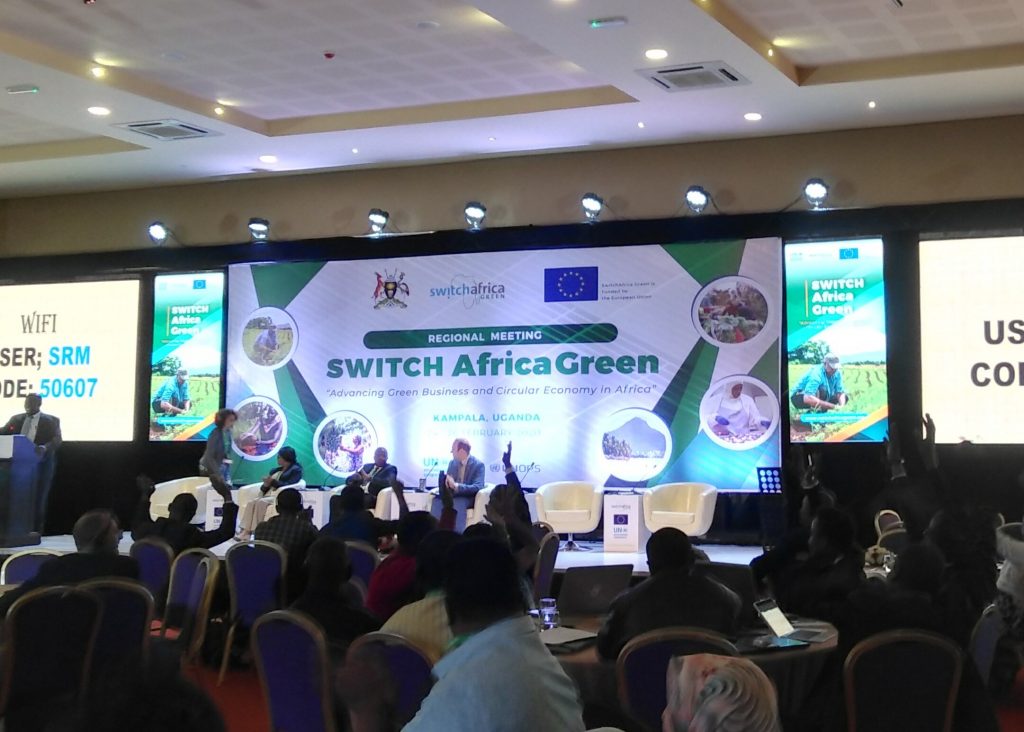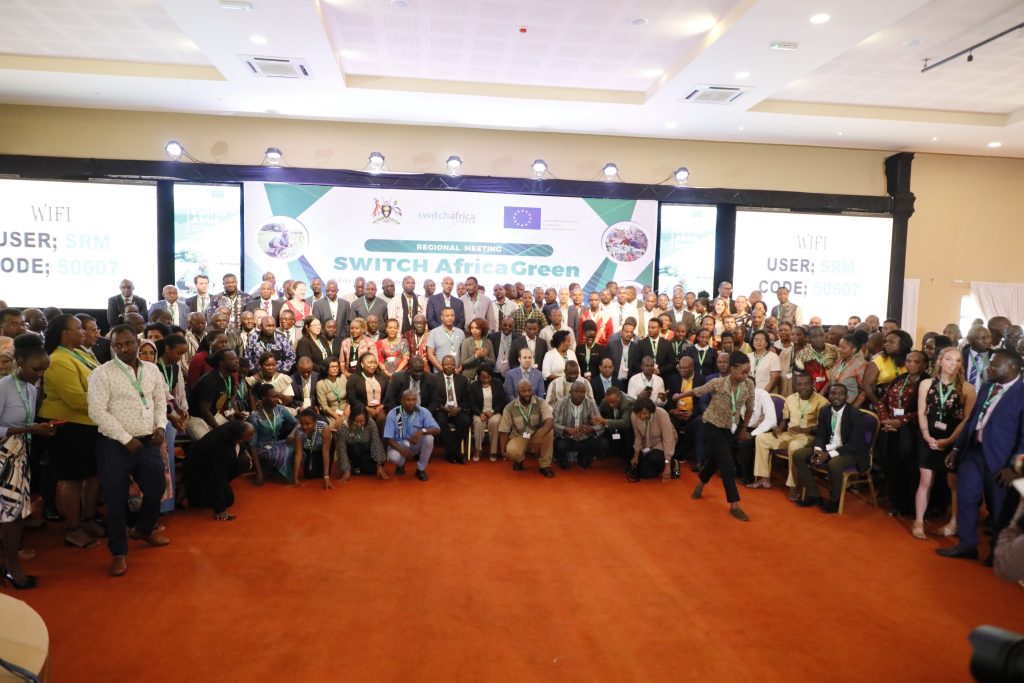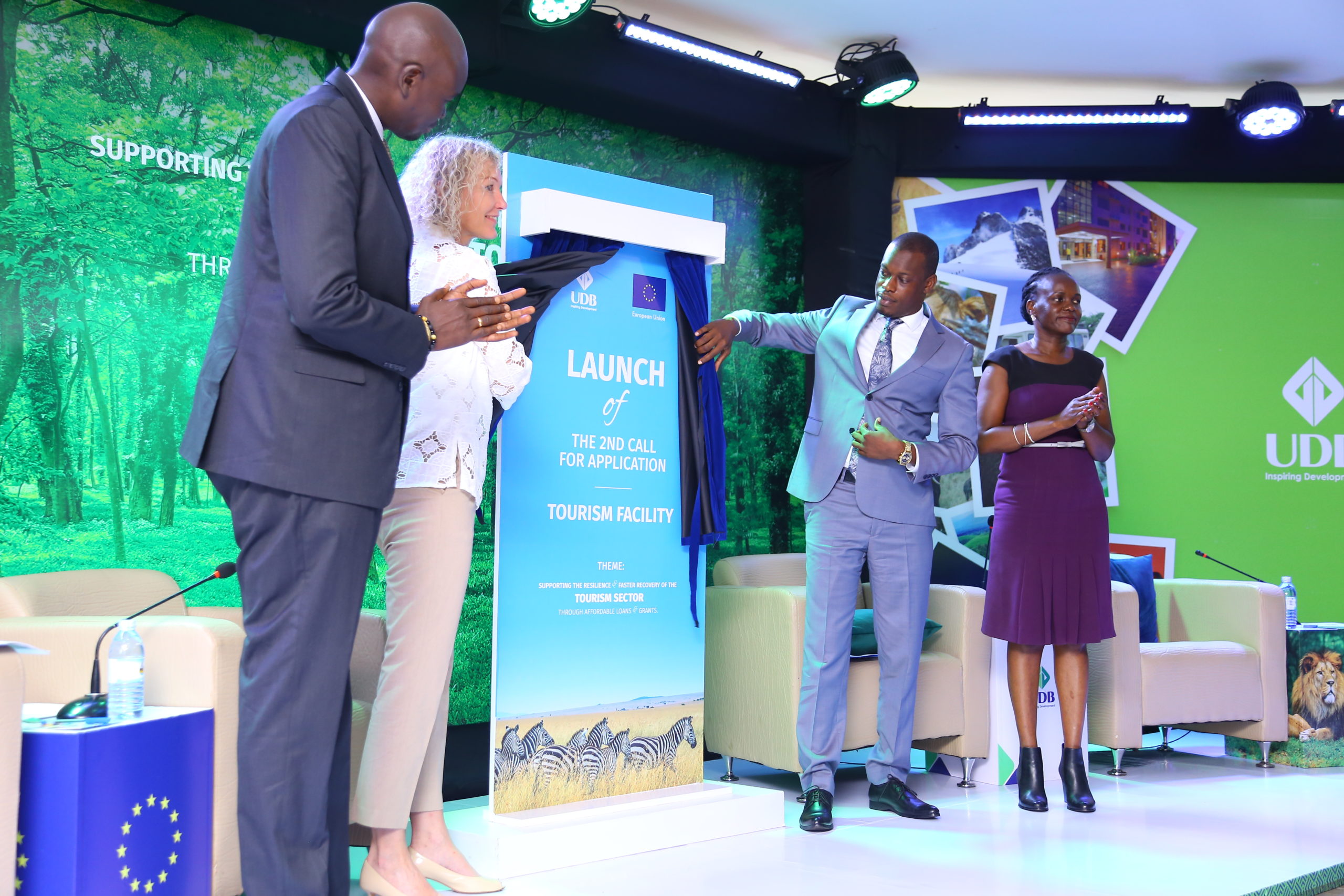
Policy makers and stakeholders across Africa are meeting to chart out green economy opportunities for the private sector under the lead of the Switch Africa Green programme.
The forum under the theme Advancing Green Business and Circular Economy in Africa is organized by UN Environment Programme and the Ministry of Water and Environment, Uganda and runs from 24-25 February 2020 in Kampala, Uganda.
The forum will explore mechanisms for enhancing regional efforts to scale up green and circular business approaches and inspire national level policy making and implementation.
They will also prepare an Africa-wide strategy to harmonise policies for advancing green business and circular economy in Africa for policy makers and the private sector.
The forum brings various stakeholders from the SWITCH Africa Green partner countries of Burkina Faso, Ethiopia, Ghana, Kenya, Mauritius, South Africa and Uganda and other stakeholders involved in promoting an inclusive green economy such as policy makers, business associations, private sector, financial institutions, regional economic communities, international development organisations and partners, and civil society organisations.

About Switch Africa Green
SWITCH Africa Green programme supports the 7 countries of Burkina Faso, Ethiopia, Ghana, Kenya, Mauritius, South Africa and Uganda to achieve sustainable development by engaging in transition towards an inclusive green economy, based on sustainable consumption and production (SCP) patterns.
The programme aims to turn environmental challenges into opportunities based on the understanding that an inclusive green economy is at the core of sustainable development and has multiple benefits next to environmental protection, notably growth and jobs creation, poverty reduction, economic diversification, and income generation.
The programme focuses on key enablers for the transition, including access to green financing, enabling policies and standards, circular practices, awareness and skills on eco-entrepreneurship, and innovative solutions.



























